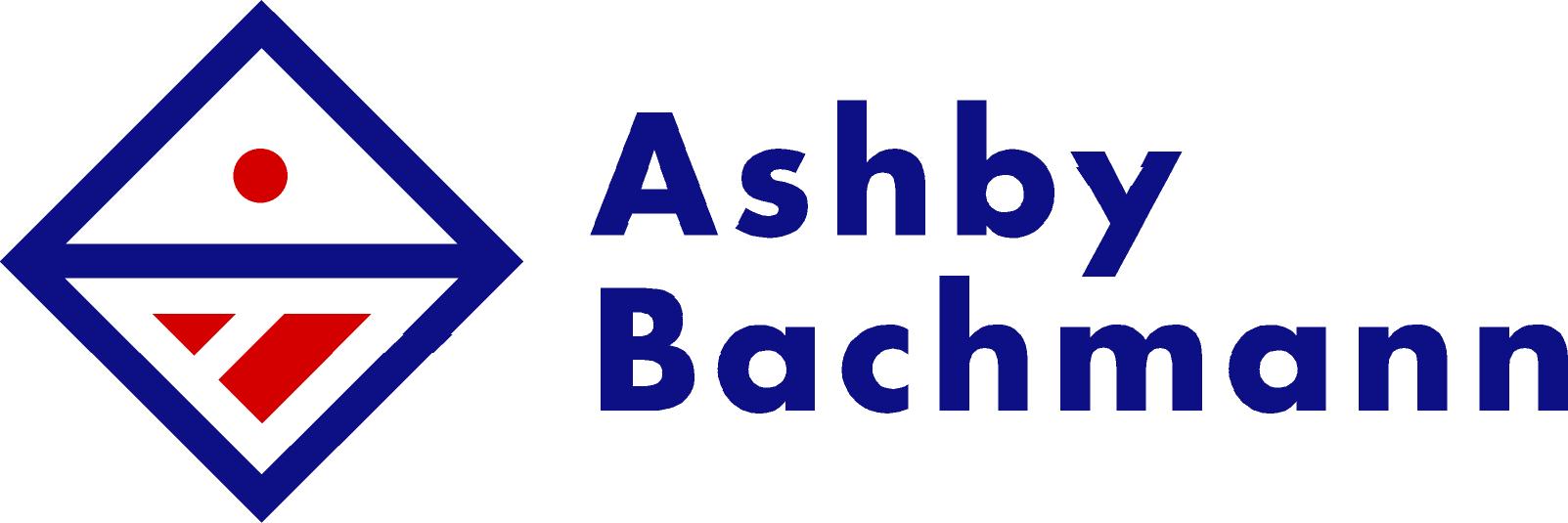In a long and diverse career we have written dozens of RFPs and responded to dozens more. As well, we have mediated IT contract disputes between parties and acted in litigation where major IT contracts have failed to meet either party’s expectations.
As one might expect, the skills required in each of these roles are quite different. On the user side one needs to understand the business, while on the provider side one’s primary skill is in understanding how the solution can be applied to the client’s business need. As an intermediary, one must understand both. But ultimately, what leads to success in each of these roles is empathy – the understanding of the capabilities and the expectations of the other party, or parties.
Having witnessed many successful IT implementations and more than a few failures, we have observed that the critical success factor is partnership.
A good partnership is built on common understandings, common values … and a good contract.
We are not lawyers, but in other roles we have written and spoken on what constitutes a good contract. And we’re not sociologists, but have similarly expounded on what shared value can contribute to a successful business partnership. But in addition to being experienced in IT delivery we are also accredited in mediation. Mediation is about identifying, comparing, evaluating and modifying each party’s understandings to achieve a satisfactory outcome for both. But mediation is a remedial process. It’s much better to begin a relationship with common understandings than to come to them through conflict.
In beginning any relationship, each party has expectations. These can be positive or negative, based on the sum of our previous experiences in similar situations. It’s a universal truth that these expectations are rarely shared explicitly with the other party … until the disappointment becomes intolerable.
An effective RFP is the foundation stone of a sound partnership between a client business and the solution provider.
In our consulting practice we advocate for comprehensive and detailed RFPs. The RFP should clearly express the enterprise’s expectations from the “solution”. It should also expressly define that prospective providers confirm their understanding of those expectations in their proposals. A major component of the RFP evaluation process involves assessing the degree to which the proposal demonstrates the understanding of those expectations and explicitly defines how they will be met.
But we also advocate that the RFP be outcomes focused. This means that the expectations are about the objectives of the business, not the details of how they are achieved.
What is an Outcomes-based RFP?
A Request for Proposal (RFP) is issued to solicit responses from qualified suppliers to provide non-commodity products or services to meet the needs of the organization. Since the deliverables are not commodities, an effective RFP provides bidders the opportunity to define in detail what the deliverable will be and why they are qualified to provide them.
An outcomes-based RFP attempts to be non-prescriptive. It defines the organization’s needs in terms of expected, or required, business outcomes for the current and anticipated business volumes. It does not define how those needs will be met, although it will typically indicate specific or implied qualitative and quantitative standards. These may include legislative or industry norms or reflect emerging best practices. The requirements and outcomes may also reflect the vision, mission and values of the organization where the deliverables are an essential element of the organization’s competitive advantage or unique selling proposition (raison d’etre).
As with all RFPs, it should attempt to form the basis of a sound and sustainable relationship. As such it attempts to build on the strengths of each of the parties. This is best accomplished if minimum impediments are placed in the way of the other. You run your business and I’ll run mine.
Wy Would You Want One?
Backed by an effective Contract, an outcomes-based RFP clearly and explicitly delineates the client’s and the provider’s responsibilities and accountabilities. Importantly, the client’s responsibilities all relate to their area of expertise – their business. Areas beyond their expertise, the goods and/or services comprising the deliverables of the RFP, are clearly the responsibility of the provider.
A major advantage of this approach is that the client can benefit from the knowledge of the provider in a field of expertise that the client does not, and generally cannot, match. It provides for a competitive marketplace to define innovative, cost-effective and optimal approaches to fulfilling the business’s needs which could not be anticipated. And, in selecting the best proposal, the client’s primary responsibility is to perform due diligence of the provider’s capability and capacity to deliver, rather than validate each aspect of the delivery.
If the business outcomes are not met, to the level of satisfaction defined in the RFP, the client is only responsible in so far as the business needs have changed or business volumes have exceeded those expressed within the requirements. The provider is therefore responsible to remedy any deficiency in the deliverables.
In the unlikely event of litigation over failure to perform, the client does not require expertise in the provider’s domain to make their case. The client only needs to demonstrate that the business volumes, needs and outcomes remain as described in the RFP and that they were not met satisfactorily.
